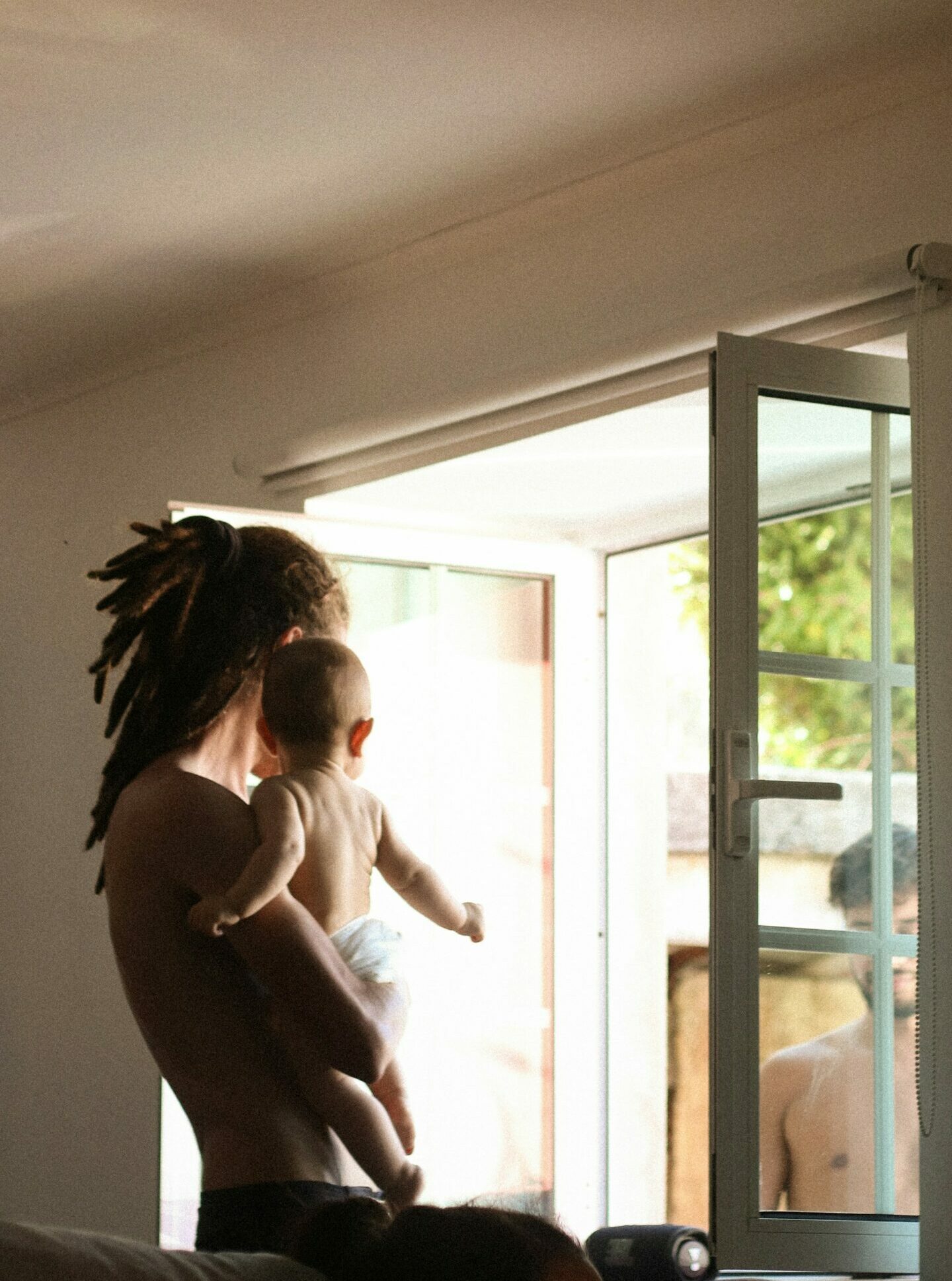News
South Africa’s Parental Leave Revolution: What The ConCourt Ruling Means For Families

South African parents have just been handed a historic victory. On Friday, the Constitutional Court confirmed that mothers, fathers, adoptive, and surrogate parents will now be able to share four months and ten days of parental leave, a ruling that reshapes family law in the country.
This comes after years of debate about whether existing laws unfairly placed the burden of childcare on women, leaving fathers and other parents sidelined. Now, families will have more flexibility to decide who takes time off during those critical first months.
Why This Ruling Matters
Until now, South Africa’s Basic Conditions of Employment Act (BCEA) offered biological mothers four months of maternity leave, while fathers only received ten days. Adoptive and surrogate parents were also stuck in a grey area, with limited recognition under the law.
The Constitutional Court agreed with the Gauteng High Court’s earlier finding that these provisions were discriminatory. They reinforced outdated ideas of women as “default caregivers” while preventing fathers and other parents from playing an equal role.
In short, the court found the system unconstitutional.
A Shift Towards Equality At Home
The new ruling means parents can decide how to divide the leave period, offering families more balance. For example, a mother recovering from birth can still take the time she needs, but if both parents are employed, they can split the remaining leave however they choose. If only one parent is employed, that parent is entitled to the full period.
This flexibility is particularly important for adoptive and surrogate parents, who have often been left without proper leave provisions despite being full-time caregivers from day one.
Local Context: Catching Up To Global Standards
South Africa’s old policies looked outdated compared to many other countries. In Scandinavian nations, for example, shared parental leave has been standard practice for years, with some even encouraging fathers to take a significant portion of the time off.
By moving away from gendered assumptions about caregiving, South Africa is aligning more closely with international trends that value equality both in the workplace and at home.
What Happens Next
While the ruling is already in effect, Parliament now has three years to fix the defects in the BCEA and UIF Act. In the meantime, families can start benefiting from the updated leave structure immediately.
The court also left UIF benefits unresolved, saying it needs more information on how payouts are calculated before making a decision. Government will have to report back within the set timeframe to show whether reforms are on track.
A Landmark Moment For South African Families
This is more than just a legal ruling. It’s a cultural shift that challenges the deeply entrenched idea of mothers as the only primary caregivers. It also gives fathers, adoptive parents, and commissioning parents the dignity of being recognised as equal partners in raising their children.
South Africa has taken a bold step toward more inclusive family policies. Whether Parliament can keep up with the spirit of this ruling remains to be seen, but for now, the country’s parents have reason to celebrate.
{Source: Business Tech}
Follow Joburg ETC on Facebook, Twitter , TikTok and Instagram
For more News in Johannesburg, visit joburgetc.com



























